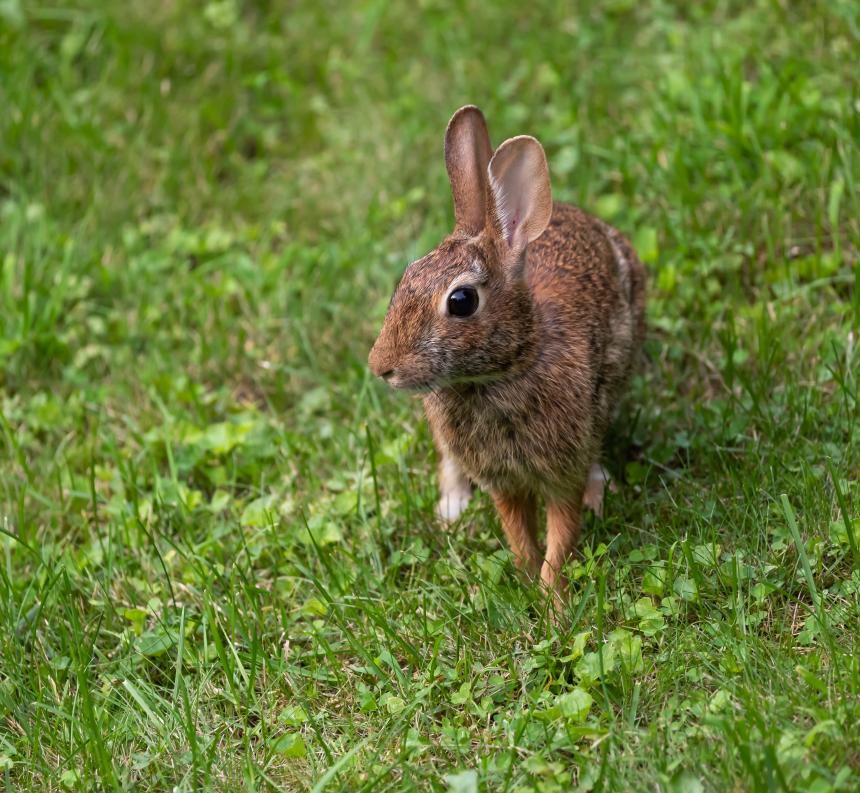In the News

Video
June 06, 2020
Solving the world’s most pressing health challenges, like the recent efforts to prevent coronavirus spread, requires an interdisciplinary, collaborative approach. While a long-standing platform of Cornell’s mission and vision, this One Health philosophy is now more popular than ever. Learn how Cornell is leading the way in linking human, animal, and ecosystem health.

June 05, 2020
Congratulations to Dr. Lorin D. Warnick, Ph.D. ’94, the Austin O. Hooey Dean of Veterinary Medicine at Cornell University, who has been appointed to a second five-year term, effective July 1, 2021.
Podcast
June 02, 2020
This podcast interview focuses on questions our pandemic predicament makes unavoidable, and on the value of using a One Health and Planetary Health lens to inform our answers.

For Your Information
June 01, 2020
Coronaviruses can become zoonotic, as in the case of COVID-19, and hunting, sale, and consumption of wild animals in Southeast Asia increases the risk for such incidents.

For Your Information
May 29, 2020
Keeping New York State wildlife rehabilitators informed and prepared for emerging disease threats is an important part of surveillance and prevention at the Cornell Wildlife Health Lab.

May 24, 2020
In this new op-ed, the Cornell Wildlife Health Center’s Dr. Steve Osofsky makes the case that U.S. foreign assistance must focus on the root causes of pandemics.
Video
May 20, 2020
On May 20, 2020, we hosted a panel discussion for current Cornell DVM students interested in wildlife health-related careers.
May 07, 2020
The Cornell Wildlife Health Center's Dr. Steve Osofsky discusses the role of wildlife markets in igniting pandemics.

April 29, 2020
As the world grapples with the worst global public health emergency in recent memory, more than 100 scientists and conservation leaders from 25 countries are calling on governments across the globe to address high-risk wildlife trade to reduce the chance of another outbreak.
April 23, 2020
The Cornell Wildlife Health Center's Dr. Steve Osofsky discusses how One Health and Planetary Health approaches emphasize a “preventive medicine perspective – stopping problems earlier, rather than dealing with the consequences” and could help prevent the next pandemic.
